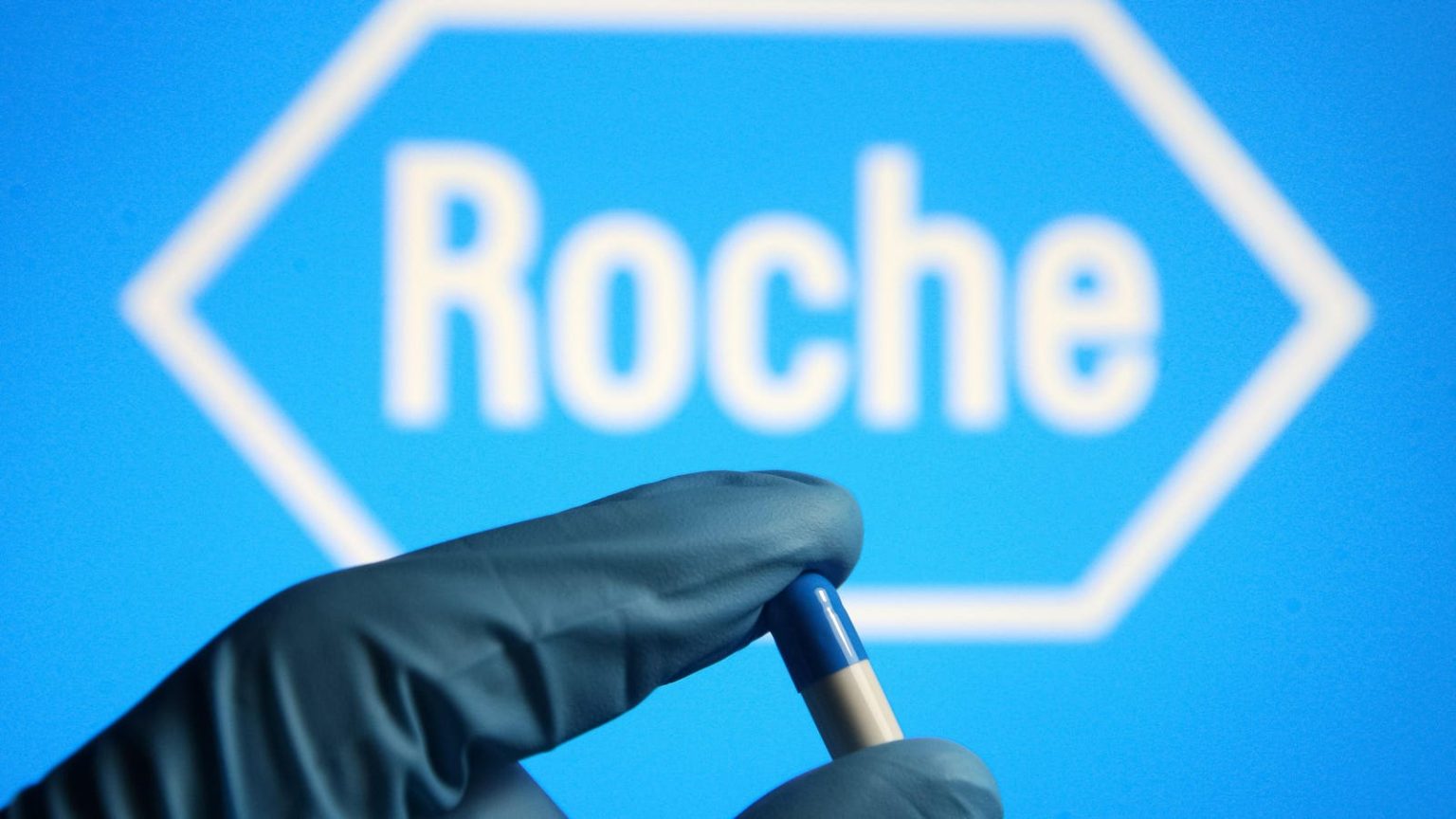Swiss pharma giant Roche shared promising results for its experimental weight loss pill, CT-996, leading to a rise in its shares. The drug showed a 6.1% average weight loss in patients compared to those who received a placebo. Roche is developing the pill to target obesity and type 2 diabetes and plans to move to mid-stage trials based on these initial results. The drug belongs to the GLP-1 hormone mimicking family and has shown to be safe and well tolerated, with mild gastrointestinal side effects like nausea and diarrhea.
The ongoing trial for CT-996 involved around 100 overweight or obese individuals and focused on testing its safety, tolerability, and impact on weight and blood sugar. The final stage of the trial, set to begin towards the end of 2024, will involve participants with both type 2 diabetes and obesity. While Roche shares initially soared following the positive results, gains later settled to around 5%. Despite the promising results, it is expected to take several years before an oral weight loss pill like CT-996 is available on the market due to challenges in delivering an effective dose without unbearable side effects.
Roche is among several companies working on oral weight loss drugs in the GLP-1 class, with Novo Nordisk having an advantage as the only company approved for an oral GLP-1 drug in the U.S. with Rybelsus. Other competitors like Lilly’s orfoglipron and Pfizer’s danuglipron are also making progress in mid-stage trials. The weight loss drug market is estimated to be worth $150 billion by the early 2030s, a significant increase from previous forecasts of $100 billion. With growing evidence that these drugs can treat other health conditions like kidney disease and sleep apnea, the market for diabetes and obesity medications is expanding.
The different mode of delivery for oral weight loss drugs poses challenges in finding the right balance between effectiveness and side effects. Novo Nordisk, Lilly, and other companies are working on developing oral versions of their successful injections like Wegovy and Ozempic. Despite the potential for profitability in the weight loss drug market, companies face hurdles in achieving regulatory approvals for new drugs. Roche’s latest results for CT-996 highlight the potential for advancements in oral weight loss treatments, with the final trial stage set to begin next year.
Overall, the positive results from Roche’s CT-996 trial have sparked optimism in the weight loss drug market, with investors eager to see the potential impact of these new treatments on obesity and type 2 diabetes. As companies like Novo Nordisk and Lilly continue to make progress in developing oral alternatives to their successful injections, the competition in this space is heating up. With analysts predicting significant growth in the weight loss drug market over the next decade, there is anticipation for new, innovative treatments to address the global obesity epidemic.


